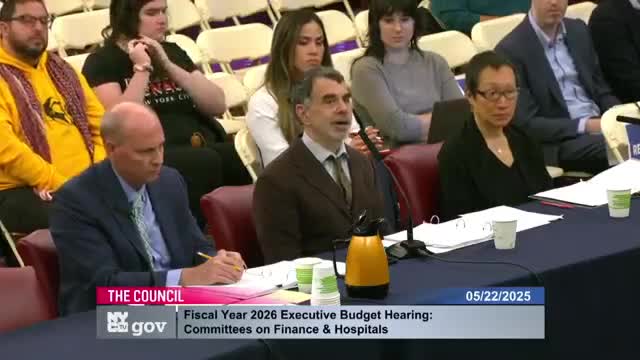Article not found
This article is no longer available. But don't worry—we've gathered other articles that discuss the same topic.
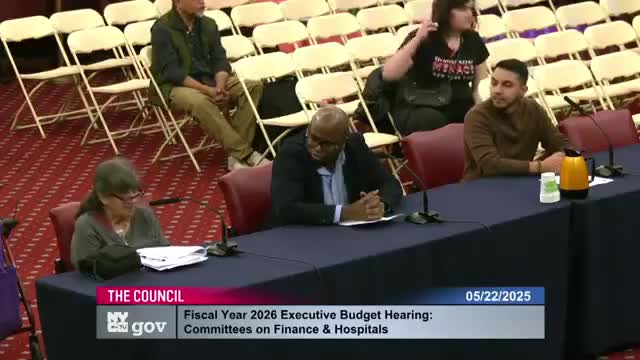
Advocates and providers ask NYC Council for $35M–$50M to shore up gender-affirming care as federal funding wanes
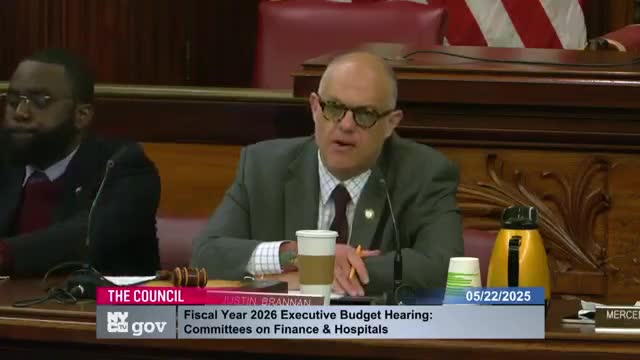
H+H cites hiring gains but council hears staffing, midwife-contract and social-worker retention concerns

Council presses H+H on mental health funding, maternal services and school-based continuum
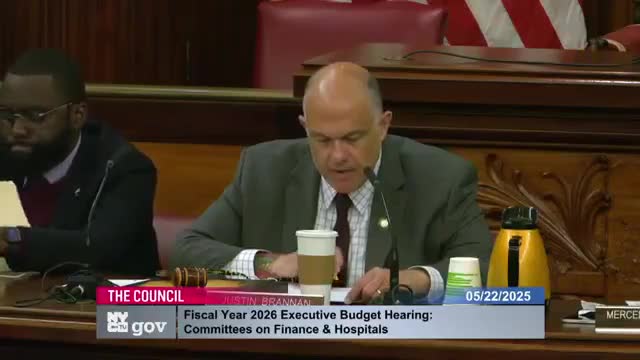
H+H says COVID reimbursements nearly exhausted, city asylum-site funding drops as HERCs wind down
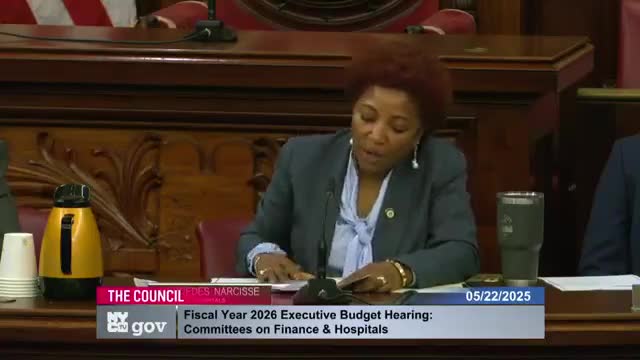
H+H highlights $2.83B capital needs; council presses for Metropolitan and Elmhurst ER expansions and flood mitigation
